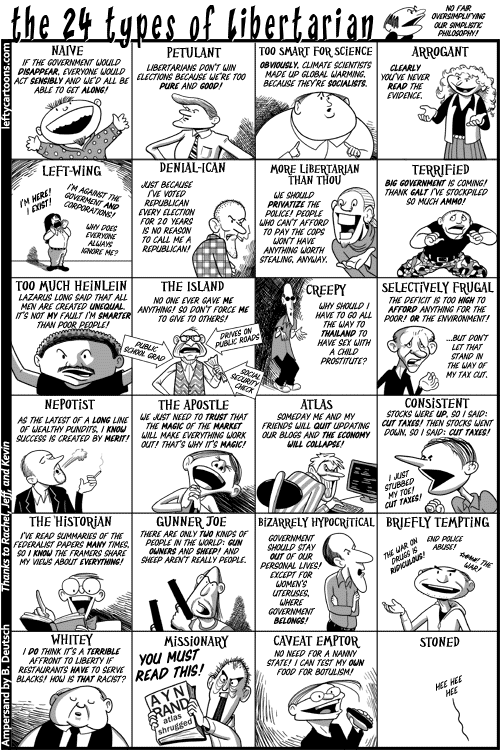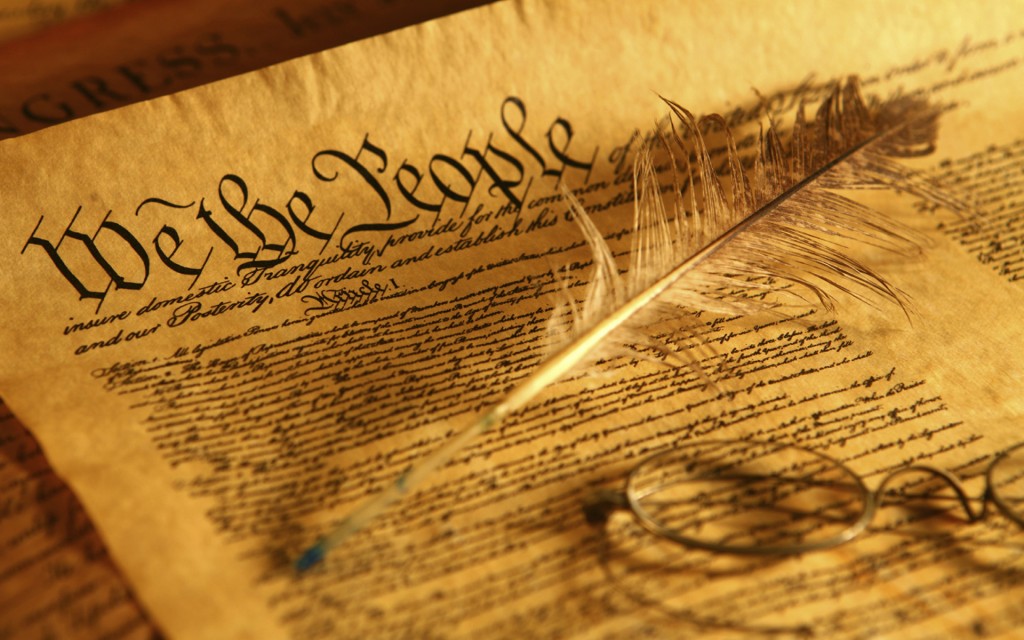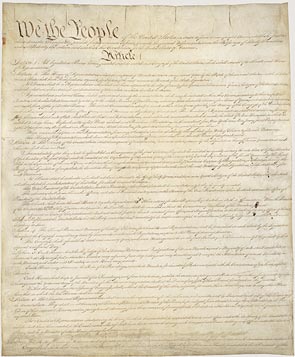To “get” Ron Paul you have to understand libertarianism — an ism every bit as delusional as Marxism. The National Libertarian Party, which first ran a presidential candidate in 1972, hasn’t had many wins — electing 4 state legislators in as many decades, as well as a planning commissioner here and an alderman there. Ron Paul is its greatest success.
The Texas congressman is far and away the most prominent proponent of what I like to call rightwing utopianism. Libertarianism is to authentic conservatism what Barack Obama is to 19th century liberalism.








